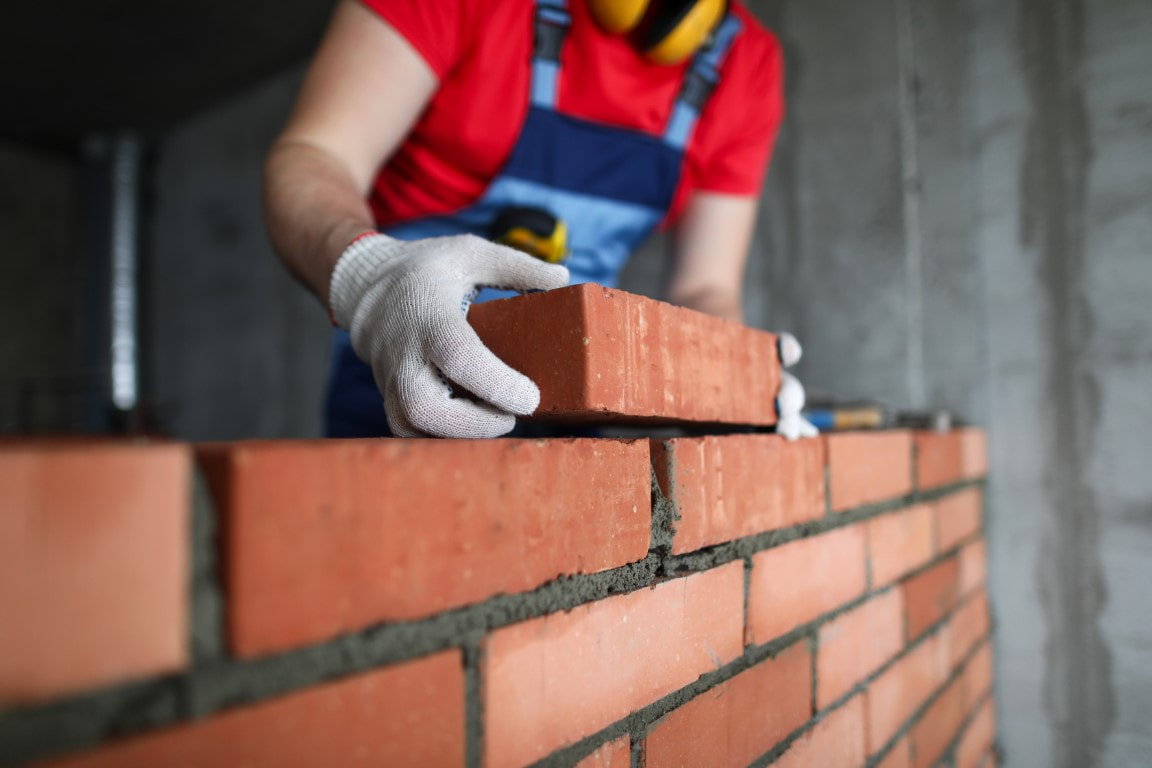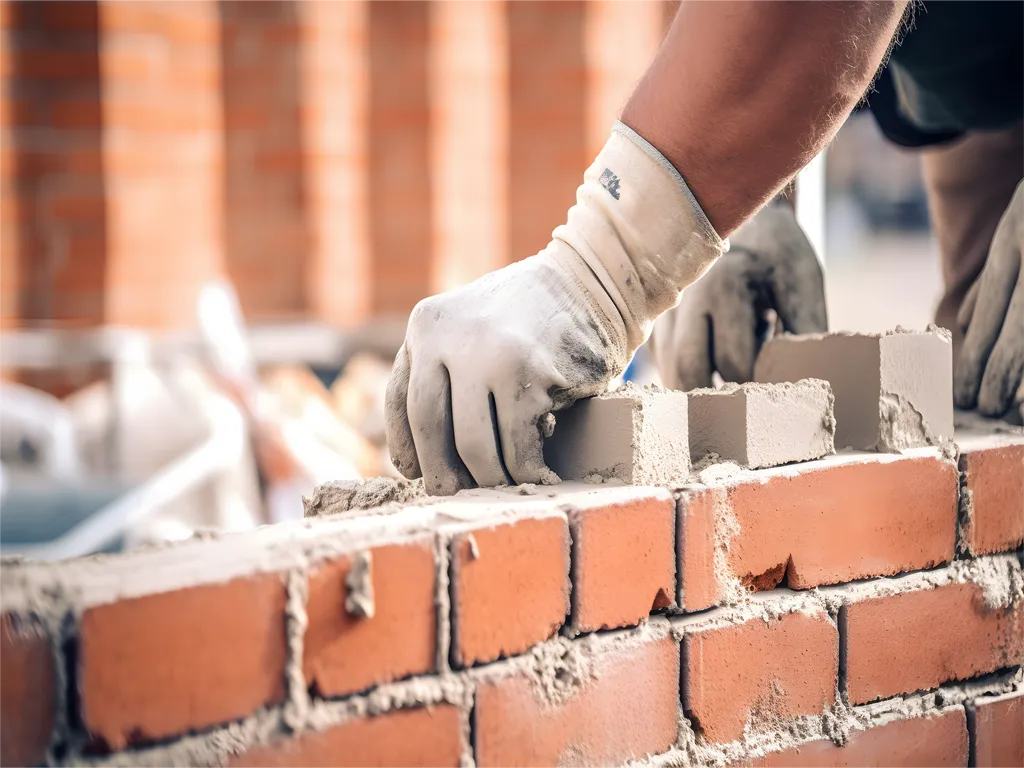
Understanding Masonry Materials
Masonry is a construction method that involves the use of individual units like bricks, stones, and concrete blocks. These materials are combined with mortar, a bonding agent that helps hold everything together. The type of materials used plays a significant role in determining the lifespan of your masonry installation. Generally, bricks and stones are incredibly durable and can last for many decades when installed correctly.
Types of Masonry Materials
When we talk about masonry, we often think of bricks and stones, but there’s more to it. Here are some common types of masonry materials and how they contribute to longevity:
- Bricks: Fired clay bricks are among the most popular choices. They’re tough, resistant to weather elements, and can last over 100 years when maintained properly.
- Concrete Blocks: These are manufactured units that are strong and can resist moisture. They typically last around 50-100 years depending on the environment and maintenance.
- Natural Stone: Stones like granite, limestone, and sandstone not only look great but are also incredibly durable. Natural stone installations can last well over a century with minimal care.

The Role of Mortar
Factors Affecting Lifespan
While masonry is known for its durability, several factors can influence how long your installations will last. Understanding these factors can help you make informed decisions about maintenance and care.
Environmental Conditions
Installation Quality
The longevity of your masonry structure is heavily influenced by the quality of the installation. A poorly executed installation can lead to various problems, from structural weakness to aesthetic issues. Hiring a reputable masonry contractor is crucial for ensuring that your installation is done right. A professional will know how to properly mix mortar, align bricks, and ensure proper drainage, all of which contribute to a longer-lasting installation.

Maintenance Practices
Just like any other aspect of your home masonry requires regular maintenance. Simple practices like cleaning your masonry surfaces and sealing any cracks can prevent more significant issues down the line. Regular inspections can help identify problems early on, allowing for timely repairs that can extend the life of your masonry installations.
Signs of Deterioration
As time goes by, it’s essential to keep an eye out for signs that your masonry installations may need attention. Recognizing these signs early can save you from costly repairs later.
Cracks and Gaps
One of the most common signs of masonry deterioration is the appearance of cracks or gaps between bricks or stones. Small cracks can often be fixed with sealants, but larger gaps may indicate a more significant structural issue that requires professional evaluation.
Efflorescence
Loose Bricks or Stones
If you can easily wiggle any of the masonry units, it’s time to call in a professional. Loose bricks or stones can compromise the structural integrity of the installation and may require immediate attention.
How Long Can You Expect Your Masonry Installations to Last?
Now that we’ve explored the materials and factors affecting masonry lifespan, let’s talk numbers. While it’s hard to pinpoint an exact duration due to varying conditions, here are some general guidelines:
- Brick Walls: When installed and maintained properly, brick walls can last over 100 years.
- Concrete Block Walls: These typically have a lifespan of about 50-100 years.
- Natural Stone Structures: These can also exceed 100 years, especially in well-maintained conditions.
Conclusion
In conclusion, masonry installations are designed to stand the test of time, often lasting decades or even centuries with proper care. The lifespan of your masonry will largely depend on the materials used, the quality of the installation, and how well you maintain it. By staying vigilant and addressing any issues as they arise, you can enjoy the beauty and durability of your masonry work for many years to come. So, invest wisely and treat your masonry with the care it deserves!
